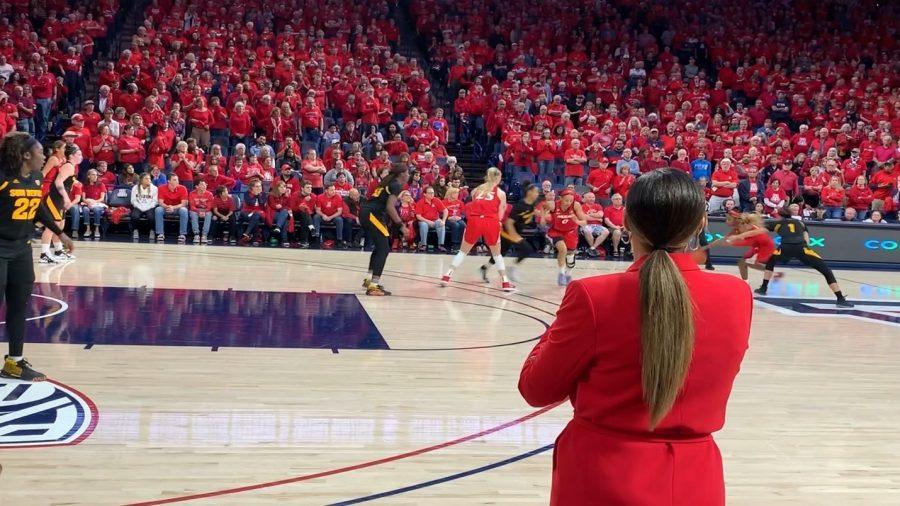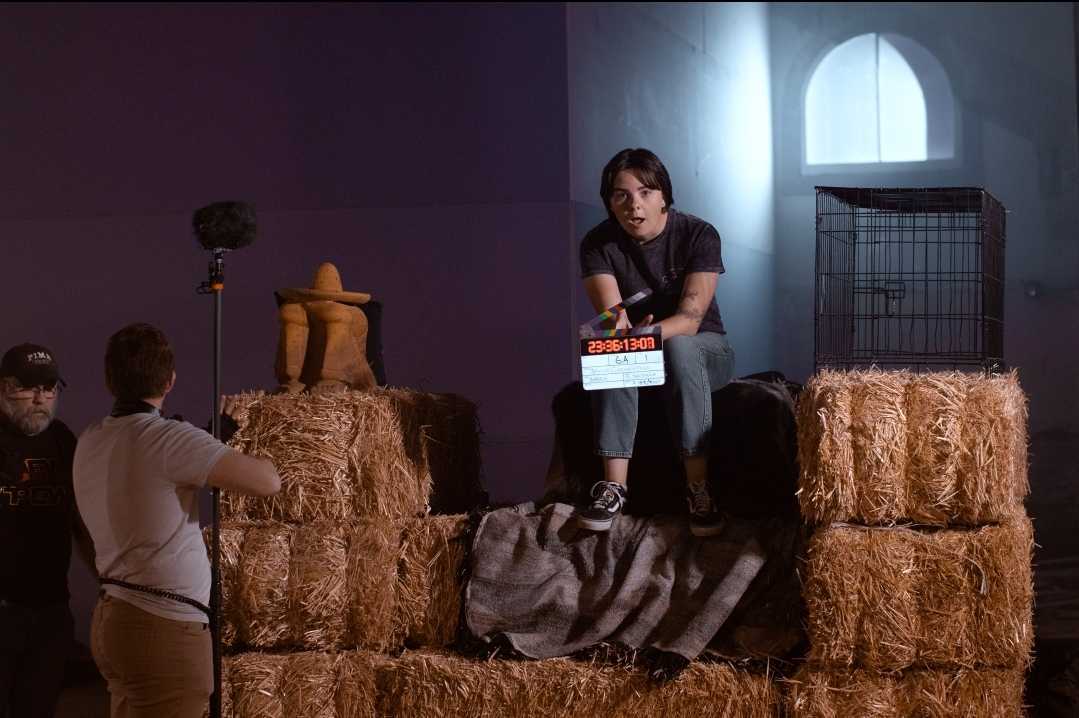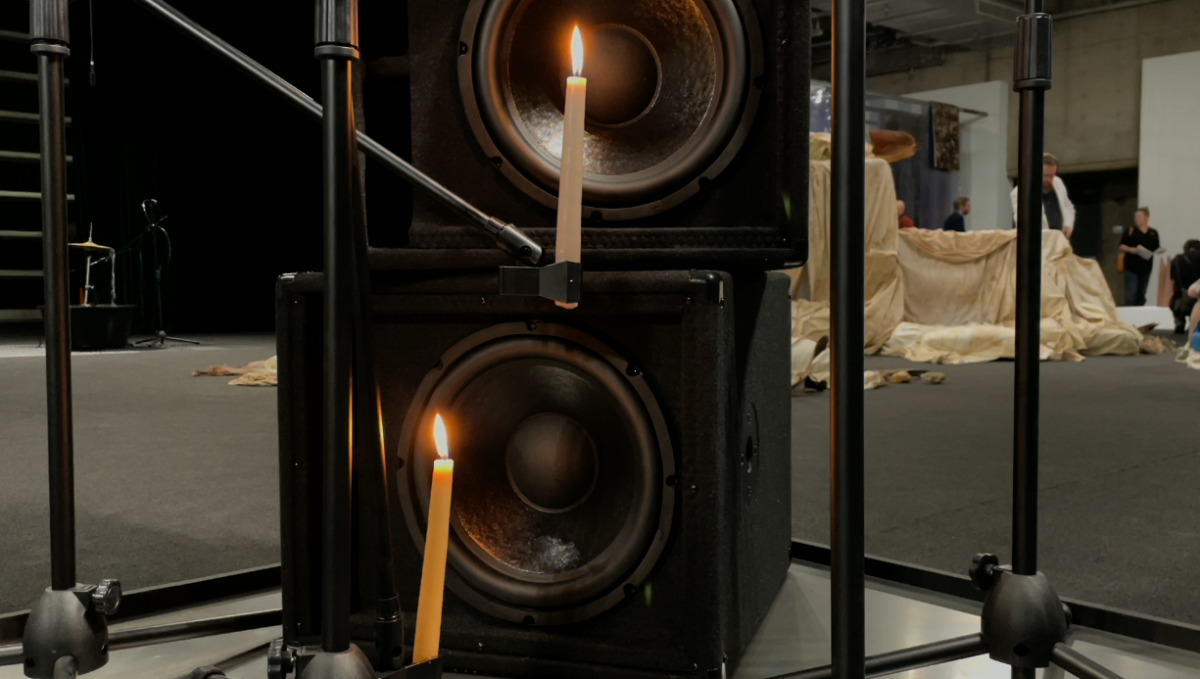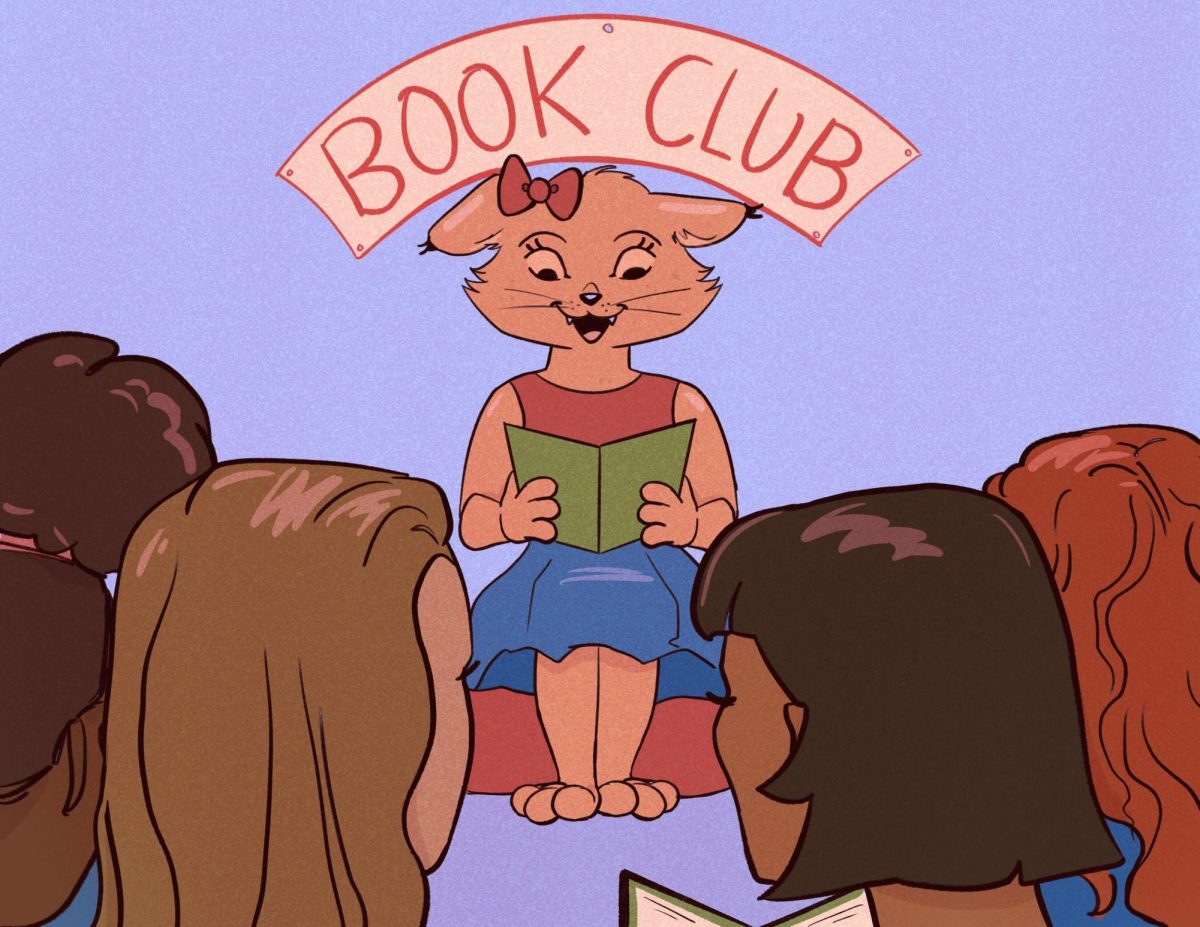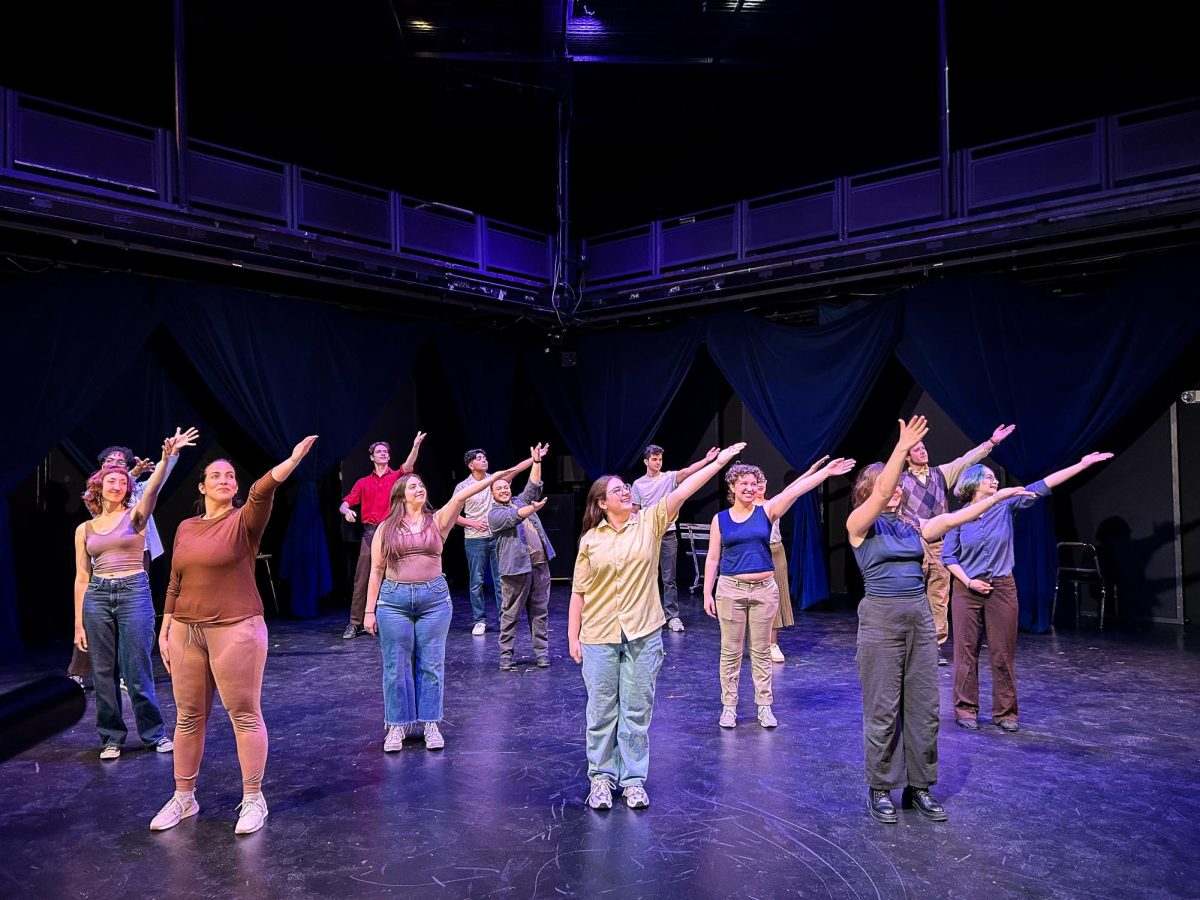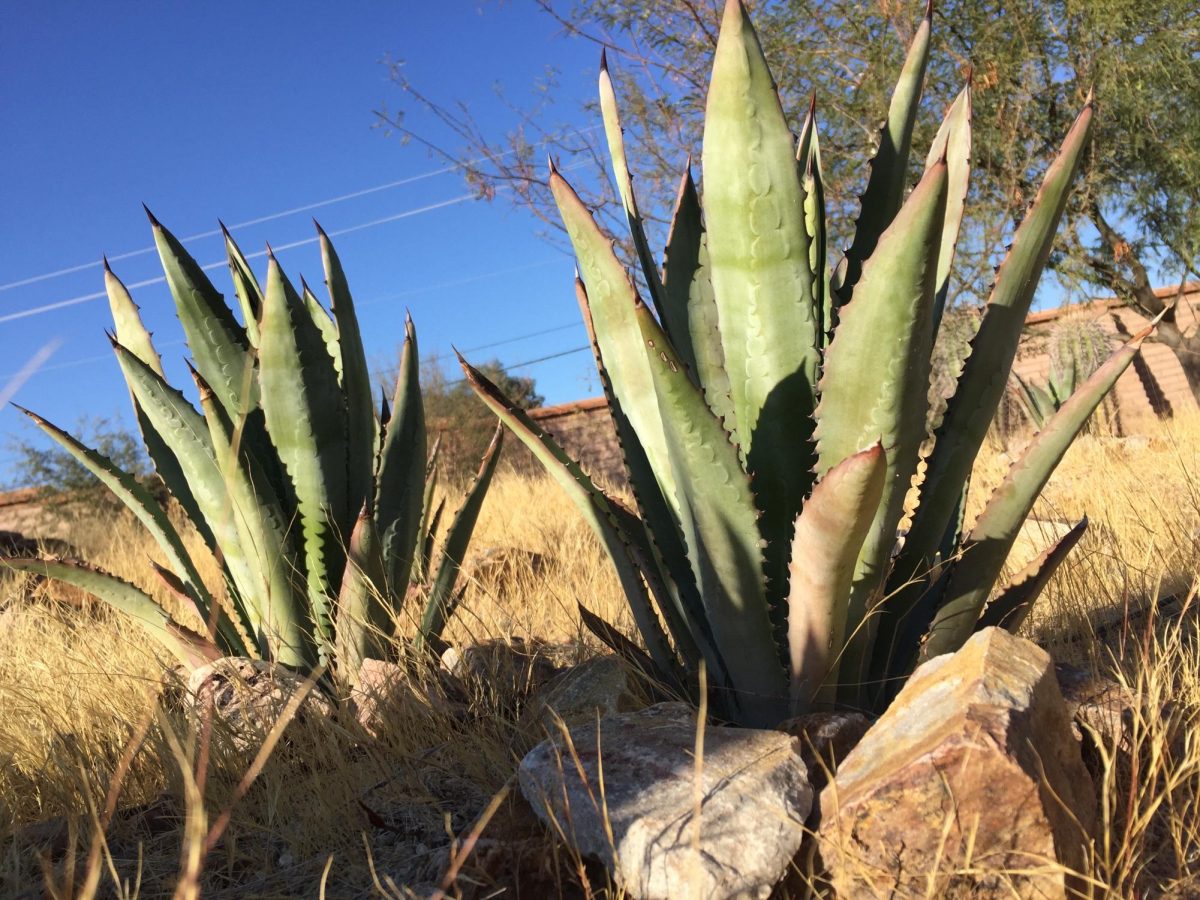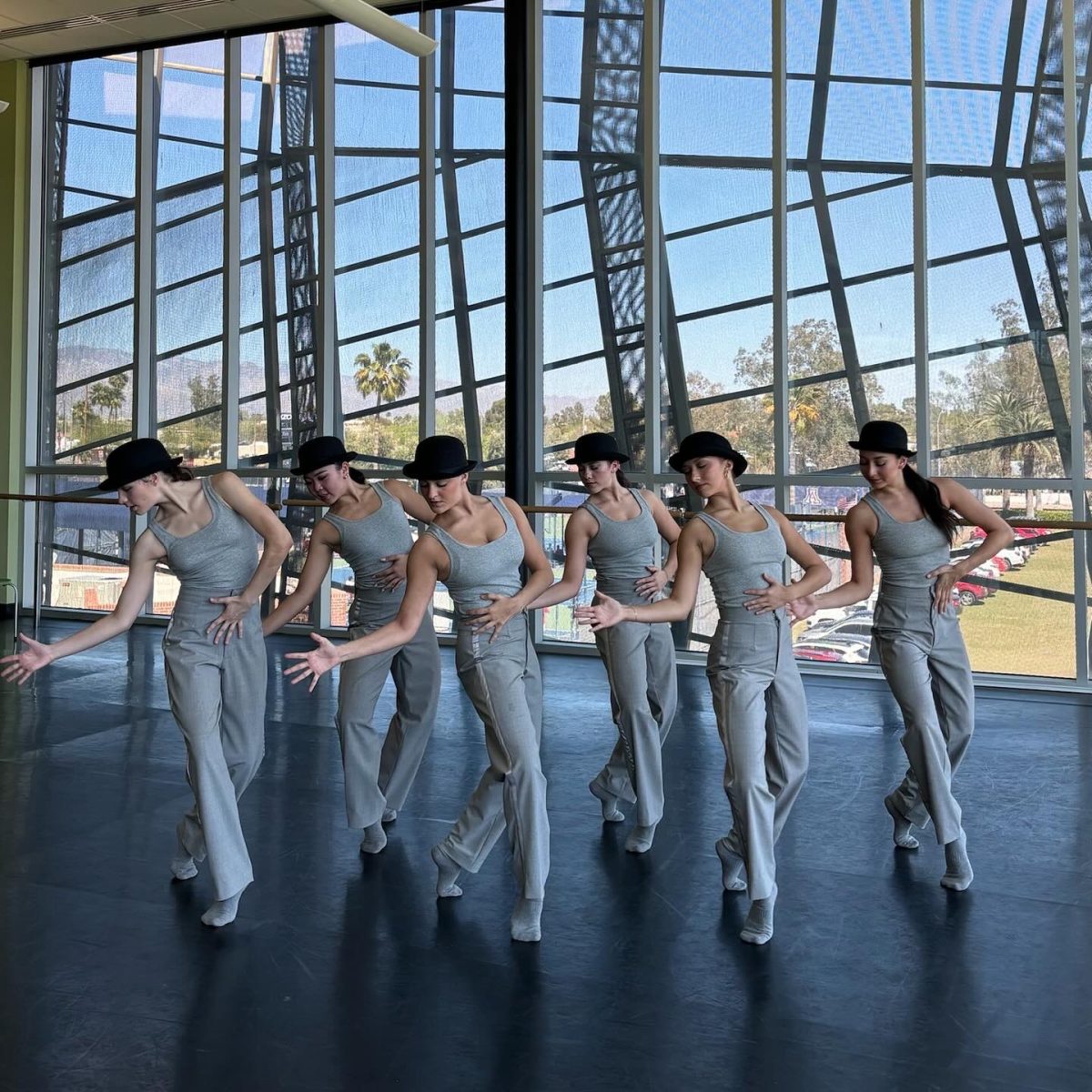The Loft Cinema, which has been part of the Tucson community for over 18 years, will present its annual showcase of short documentaries made by UA film and television students, What’s Up, Docs?, this month. This year, the films in What’s Up, Docs? tell stories of Tucson and its people.
Desiree Bourret enrolled in the UA School of Theatre, Film & Television to pursue her passion for film and start a career in film making. She spent a lot of time working to sustain herself, to pay bills in a job that didn’t feel rewarding. Now her documentary, “Pieces of Dad,” is one of the 15 films that will be presented via the Loft Cinema online platform from Feb. 4-17.
Bourret is thrilled for people to see the completed documentary. She has been promoting not only her film but her classmate’s films because she knows how hard everyone worked.
RELATED: Uprising: Black Lives Matter Tucson’s zine calls to local Black creators
“I think this is probably like a passion project for each individual in this class,” said Bourret. “Especially for me, I’m just really excited to see how people respond to it.”
Filming during a pandemic wasn’t ideal. Documentaries don’t have a script, but the usual protocol of following the subjects and filming their lives throughout the semester was not possible. Instead, Zoe Lambert, a UA FTV student, had long Zoom conversations with her subjects.
Lambert, a local from Tucson, grew up going to all UA sporting events. In 2019, when the UA women’s basketball team won the Women’s National Invitation Tournament, the underdog team’s success gave Lambert a story idea about supporting women in sports, a subject that is very important to her.
“As I got into filmmak[ing], I just love to celebrate women in sport[s],” said Lambert.
Lambert, who did the whole film remotely, emphasizes that although she would have loved to be in-person during the process, she still got some sense of her subjects’ personalities by talking to them on Zoom. In one of the Zoom calls with Adia Barnes, Arizona’s head women’s basketball coach, Barnes held her newborn baby, which made the interview more personal and special, according to Lambert.
RELATED: Art activism: Carnegiea Literary Magazine opens charity print shop for No More Deaths
For Bourret, COVID-19 didn’t impact her film process much because her subjects were her own family members. Bourret had to ask her family hard questions during a hard time, but she was careful to approach them with compassion and make sure that they feel comfortable sharing their stories.
“When I went to make this, I wanted them all to be able to express their feelings,” Bourret said.
Besides some obstacles during the filming process, Bourret found joy in talking about her dad, who passed away 12 years ago. She mentions that during the process, she learned new things about her dad that she didn’t know about. For Bourret, this project is personal.
“It made me feel closer to my dad again,” Bourret said.
Jacob Bricca, UA FTV professor, leads the documentary production class. He explained that normally students collaborate with each other, but because of COVID-19, collaboration wasn’t possible.
Lambert recalls that not being able to collaborate with her classmates was hard because collaboration is a huge part of film making. Additionally, she adds that working on Zoom wasn’t ideal because the audio and video quality were not the best. Plus, daily online classes meant a full day in front of a screen.
During the filming process, Bourret highlights that she was able to “dip her toe in each pool” by learning how to do the work of pre-production planning, filming and editing.
RELATED: From Merida to Tucson, UA PhD student Alma Tejeda Padron never wants to stop learning
Bricca, who describes himself as a “pretty fastidious, perfection-minded” professor, says that he probably met each student individually approximately 20 times during the semester to give them feedback.
Now, after the work is done, Bricca told his students, “Look, you’ve done it — you now have some very solid skills to go out and do this again.”
Lambert is excited that the films will be available online. “I think it’s actually pretty cool because a lot more people will be able to see it who aren’t in Tucson,” she said.
“Adia” and “Pieces of Dad,” together with other 13 films, will be available through the Loft Cinema website at zero cost from Feb. 4-17. loftcinema.org/film/whats-up-docs/.
Follow Diana Ramos on Twitter



